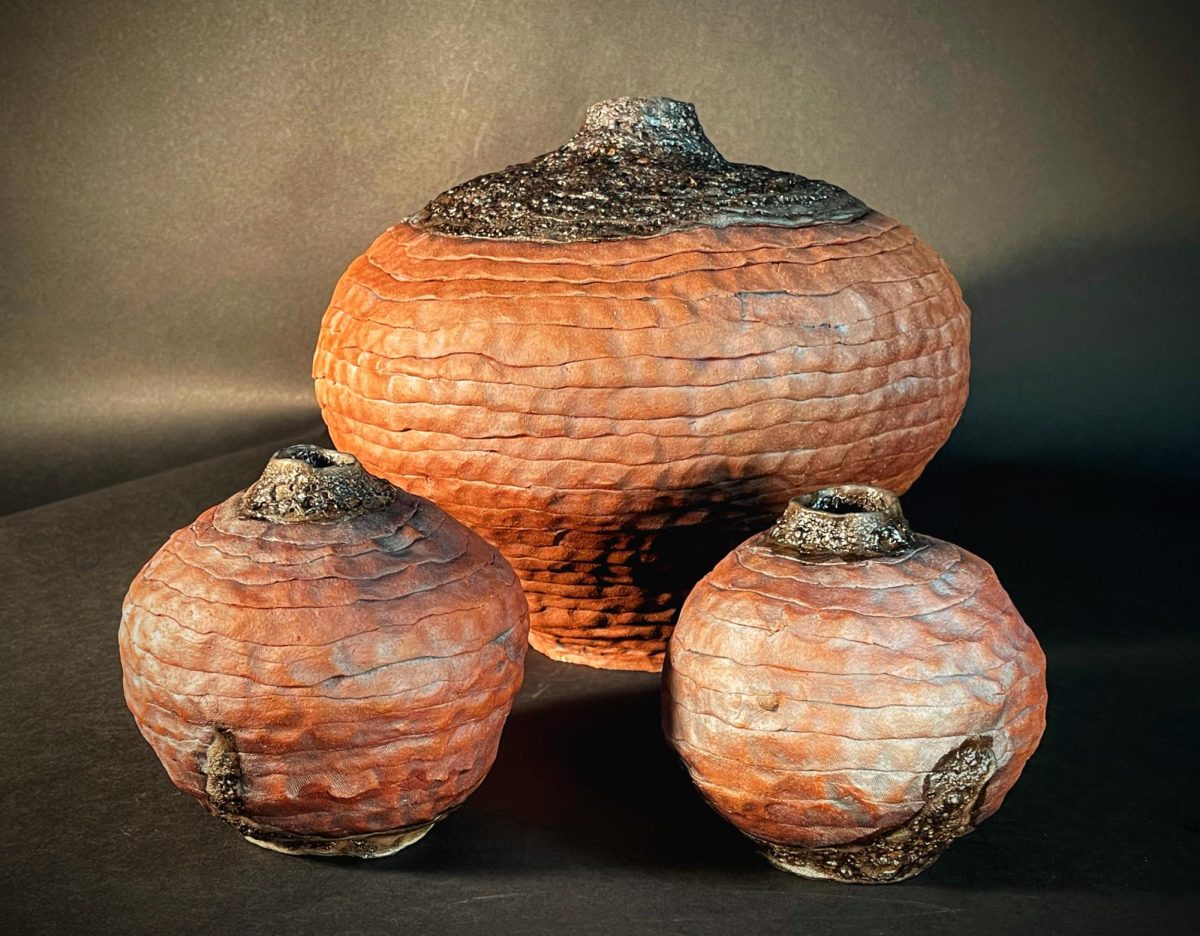This is the winning article chosen from Mr. Patterson’s G Block Rhetoric class after a blind review by The Voice’s editors. Some minor edits have been made. Thank you so much and congratulations to all who submitted! We are so grateful to have had the opportunity to read your fantastic work, and we hope that you will continue writing!
I’m sitting in an airport, mindlessly scrolling through an ebook I downloaded as I wait to be called to board the plane. I look up from my phone for a moment, and double-take as I see an adult man lean down and drink from the water fountain. I feel shocked and mildly grossed out. Who drinks from an airport water fountain? But, in hindsight, it occurs to me that my disgust is a bit depressing. Public water fountains provide accessible drinking water in institutions all around the world. Why are they so often dilapidated and unsanitary?
In school, I often leave my arduous Spanish class for a refreshing drink of water only to find chewed gum or discarded food packaging laying in the fountain. People seem to think that throwing garbage in fountains is better than properly disposing of it. I don’t know why this is. Perhaps individuals think it takes less effort. Perhaps the fountain’s sheen makes it more attractive than a garbage bin. Perhaps it is in the nature of humans to condemn their fellows to suffering.
Whatever the reasoning, I can assure that the outcome is not sustainable. Stephen Onufrak, a researcher with the Centers for Disease Control, reportedly discovered that young people tend to drink more sugary beverages the less they trust water fountains. According to studies, children who routinely consume sugary drinks are 60% more likely to be obese, and adults who do the same are 26% more likely to get Type 2 diabetes. Trash at the water fountains discourages people from utilizing them even more and, through empty water or drink bottles, indirectly increases plastic waste.
Trash in water fountains can also lead to clogged pipes, damage to the fountain equipment, and contamination of the water source, posing health risks to humans and wildlife. It contributes to the larger issue of pollution, which can have far-reaching consequences. The Guardian estimates that almost half a million Americans lack indoor plumbing. This fact highlights how water is a precious resource, and it is crucial to ensure that it is protected from pollution and contamination. The issue of access to clean water is not just limited to the United States but is a global issue that affects millions of people.
Many people can attest to the multitude of environmental issues humanity faces today. From global warming to pollution and deforestation, the list of environmental problems seems to be never-ending. The effects of these problems are widespread and devastating, affecting not just the natural world but also the health and wellbeing of humans. So please, next time you use a water fountain, don’t throw trash in it.































